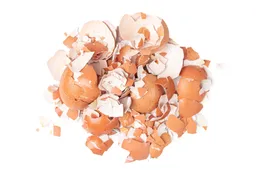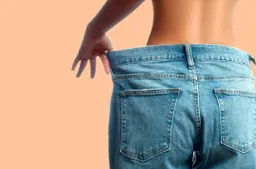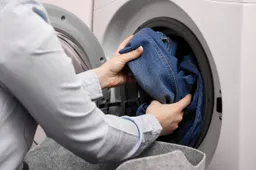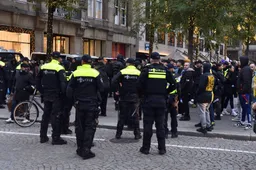De 10 dingen die Nederlandse winkeliers tegen je zeggen
Samenlevingdonderdag, 23 januari 2014 om 12:51

De site Netherlands in numbers vertelt aan Engelstaligen wat de standaardzinnen zijn die Nederlandse winkeliers tegen je zeggen. En geeft er uitleg en vertaling bij If the butcher likes you, possibly because you have just paid a fortune for a piece of meat, and you have a child with you, he will ask ‘would he (or she) like a piece of sausage?’ They invariably ask the parent, not the child who has no say in the matter. Some butchers have been known to offer sausage to dogs… who never say no. You are now at the cheese shop. The cheese man wants to know if you want your piece of cheese wedge-shaped or flat. Why is unclear. Possibly wedge people have big fridges with plenty of room while poorer people have to stack stuff. Or want to cut it into cubes. Anything else? Do you mind if it’s a bit more? This is usually a rhetorical question because the assistant has scooped too many olives into the plastic pot or cut too big a piece of cheese. You are free to object if you dare. Good shopkeepers don’t thrust your change into your hand. They count it out. Their concluding phrase might be ‘and five makes ten’ (or any other amounts of course) We’re at the fish stall buying lovely herring. Would you like the tail with that? the fishmonger will ask. You need the tail to dangle the herring over your mouth if you want to eat it that way. Purists poo poo uitjes and zuur, that is why the fishmonger always ask you if you want them. Onions are onions but the pickle is only referred to by its taste: zuur or sour. Are you taking this home or eating it (here). The Dutch omit the ‘here’ which always suggests that when you take it home you will immediately throw it in the bin, and frankly if you buy a that is exactly what you should do. Do you want your French fries with or without mayonnaise. With, please You are at the health food shop for a change. You are buying a piece of spelt bread with chia seeds and the person at the bread section asks ‘would you like paper or plastic’ to put your loaf in. In that split second you have to consider which is better for the environment. Eh…. dagen (enjoyable days) is what shopkeepers wish harassed Christmas shoppers. Your or weekend, starts on Friday morning.
Bron(nen): Netherlands by the numbers
POPULAIR NIEUWS

Je pelt je eieren helemaal verkeerd en hoe het wel moet

'Ik ben 20 kilo afgevallen. Helaas is mijn kont ook verdwenen'

Nederlanders moeten straks langer doorwerken, zegt IMF-bestuurder

7 tips voor het wassen van je kleding als een professional

Grote meerderheid politieagenten vindt de Navo-top onverantwoord
